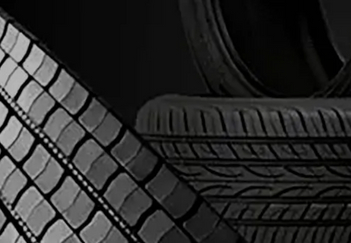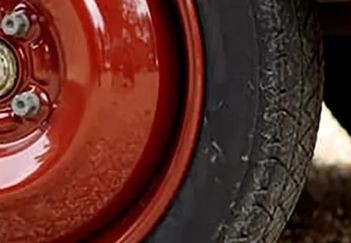
February 28, 2022
Weather Tyres: Summer, Winter & All-Season Tyres
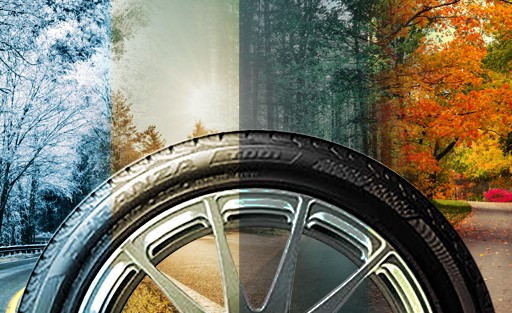
Choosing a new set of tyres might seem simple enough: grab a set of four, slap them onto your car and go.
However, it can get stressful and confusing quickly due to the many tyres on offer. There are also all the other things you need to consider, including your tyre size, your vehicle, the terrain you frequent plus not to mention your driving style.
Of course, your local climate can significantly affect your daily drives, too, and you'll need tyres to match the weather.
In this blog post, we'll look at the different types of weather tyres available to help you determine the best choice for your driving needs.
Weather Tyres: An overview
There are three different types of weather tyres: Summer, Winter and All-Season tyres.
Each type has unique characteristics which vary slightly depending on the tyre brand or manufacturer and the vehicle they are made to fit.
To help you choose what will work best, you need to know what the local climate is where you live and what are the individual qualities each weather tyre has to offer.
Summer Tyres
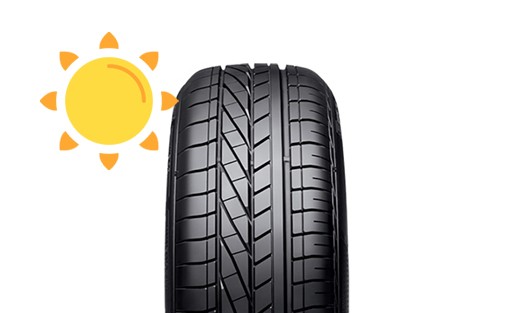
Summer tyres are designed for use in warmer months or warmer climates in general or in temperatures between eight degrees celsius to a warm 43 degrees.
Most sport or ultra-high-performance tyres are summer tyres since they can withstand the higher track temperatures required by the high speed levels of racing performance cars.
They are made with a softer rubber compound with tread patterns that feature large tread blocks to maximise the contact patch for superior grip on wet and dry roads and improved cornering capabilities. A summer tyre can also be fuel-efficient depending on the compound's formulation.
Once the tread depth on a summer tyre hits around 3mm, it's time to start looking or even change your tyres outright. This will ensure a safer braking distance, even though 1.6mm is the legal tread limit in Australia.
Avoid using summer tyres in colder temperatures since the rubber compound will harden, turn brittle and crack, leading to potential accidents.
Winter tyres
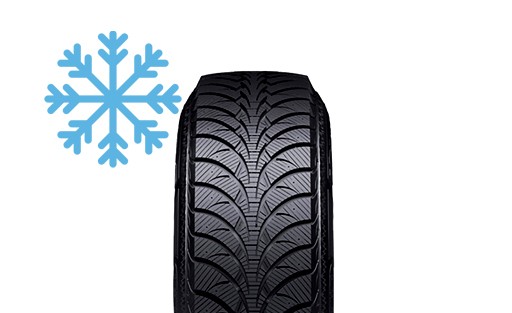
Winter tyres are meant for lower temperatures or colder climates starting at seven degrees Celsius and lower. In certain countries with snow all year round, winter tyres - or installing snow chains - may be required by law.
There are two kinds of winter or snow tyres, the studded and non-studded tyres.
Studded tyres are tyres that come with metal studs you install within its tyre tread. The studs dig into the snowy or icy driving surface for extra grip like soccer cleats.
Non-studded tyres are the general winter tyres commonly available in the market. There is no need to put in the studs, and you can confirm how winter-worthy they are via the three-peak mountain and snowflake or 3PMSF symbol usually found on the sidewall.

Winter tyres also use extremely flexible rubber designed to stay soft and won't harden when it gets cold. Their tread patterns often include biting edges for better snow grip and sipes to help push and pack snow back into the ground.
Once the tread depth on a winter tyre hits around 4mm, it's time to start looking or even change your tyres outright. Like with summer tyres, it will ensure a safer braking distance, even though 1.6mm is the legal tread limit in Australia.
Avoid using winter tyres in warmer temperatures since the rubber compound will soften and melt.
All-Season Tyres
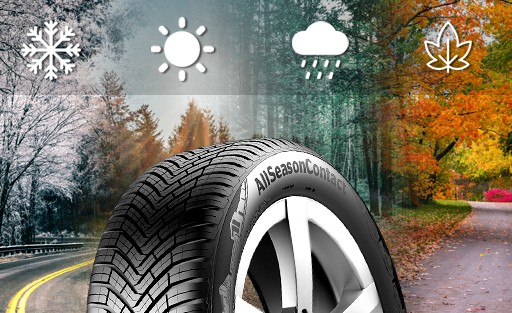
All season tyres are versatile, mainly because you can use them almost year-round if you live in an area with four seasons.
Notice we said "almost" because despite being called "All season," these tyres are not the safest to use in heavy snow and ice in the winter months. They are designed for light snow weather only thanks to the tread compound used to make them.
Though rubber gets harder as it gets colder, all-season tyres, meant to be used all year round, need a stronger compound so it stays durable longer. They often always come with a tread pattern designed to increase durability and reduce tyre noise.
Choose what works best
All types of tyres have both advantages and disadvantages.
Ultimately, choosing the right kind of tyre will depend on your specific driving needs and style.
Fortunately, whether you're looking for all-season, winter, or summer tyres, Tyroola can help find the best fit for you.


